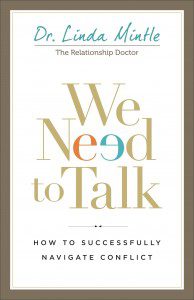 Jack was the victim of child abuse growing up. Then, his mother died and he became a ward of the state, in and out of foster homes. His childhood was not only filled with abuse and trauma, but abandonment. As an adult, he suffered from depression and anxiety.
Jack was the victim of child abuse growing up. Then, his mother died and he became a ward of the state, in and out of foster homes. His childhood was not only filled with abuse and trauma, but abandonment. As an adult, he suffered from depression and anxiety.
Many people have stories like Jack’s –some less traumatic like growing up in a home with a depressed mom, an alcoholic dad, critical parents who fought continuously,etc. We know the psychological and emotional fall out of such events, but what about the physical effects of trauma, abuse, and psychiatric disorders?
A new study gives credence to the idea that a rough childhood ages a person on the cellular level. The study published in Biological Psychiatry looked at 299 healthy adults and assessed them for psychiatric disorder diagnoses and childhood histories of adversity like abuse, neglect and parental loss.
What researchers found was that childhood stress and psychiatric disorders were linked to cellular changes, especially those who experienced major depression and anxiety disorders, parental loss or childhood maltreatment. When researchers analyzed DNA, specific cellular changes important to the aging process were found. Thus, childhood adversity may accelerate the aging process.
This study supports the idea that we have to be better at preventing childhood maltreatment and help children deal with significant loss and trauma at an early age.
Source: Audrey R. Tyrka, Stephanie H. Parade, Lawrence H. Price, Hung-Teh Kao, Barbara Porton, Noah S. Philip, Emma S. Welch, Linda L. Carpenter. Alterations of Mitochondrial DNA Copy Number and Telomere Length with Early Adversity and Psychopathology. Biological Psychiatry, 2015; DOI: 10.1016/j.biopsych.2014.12.025


